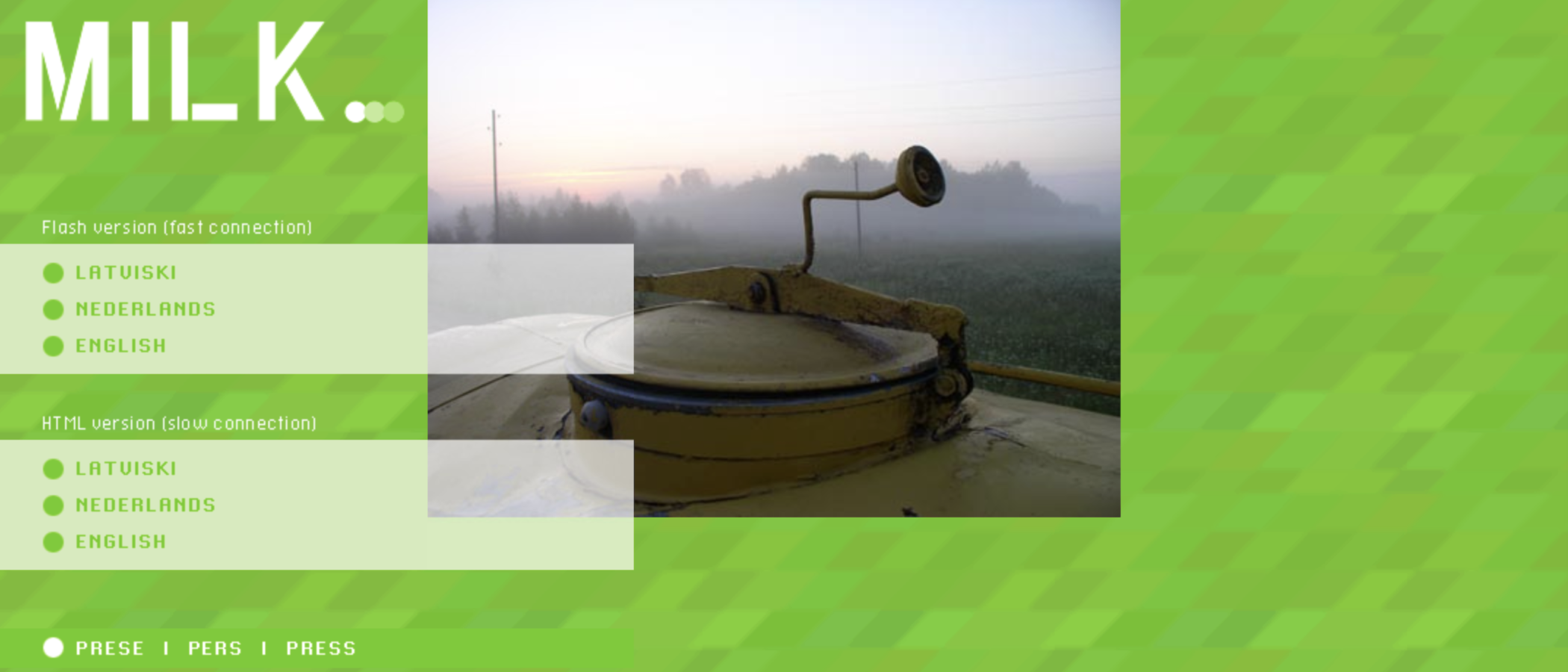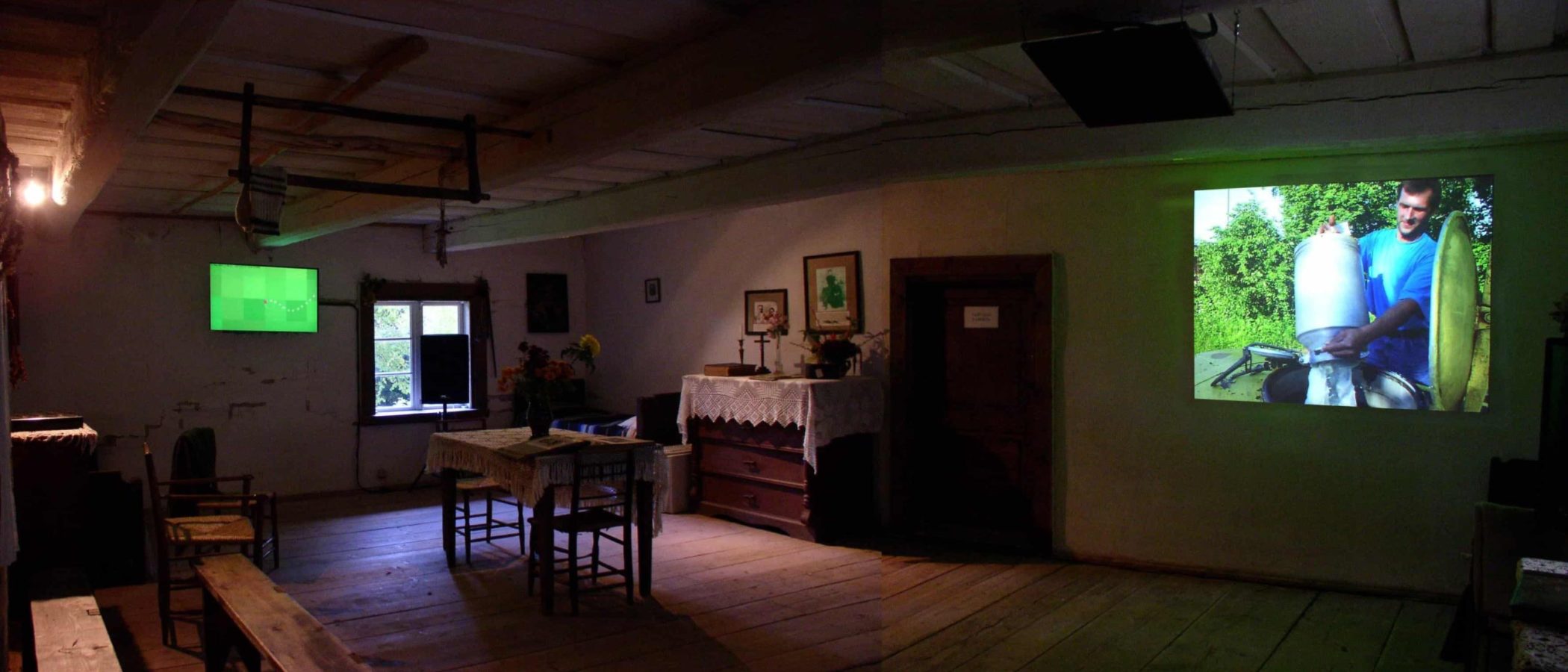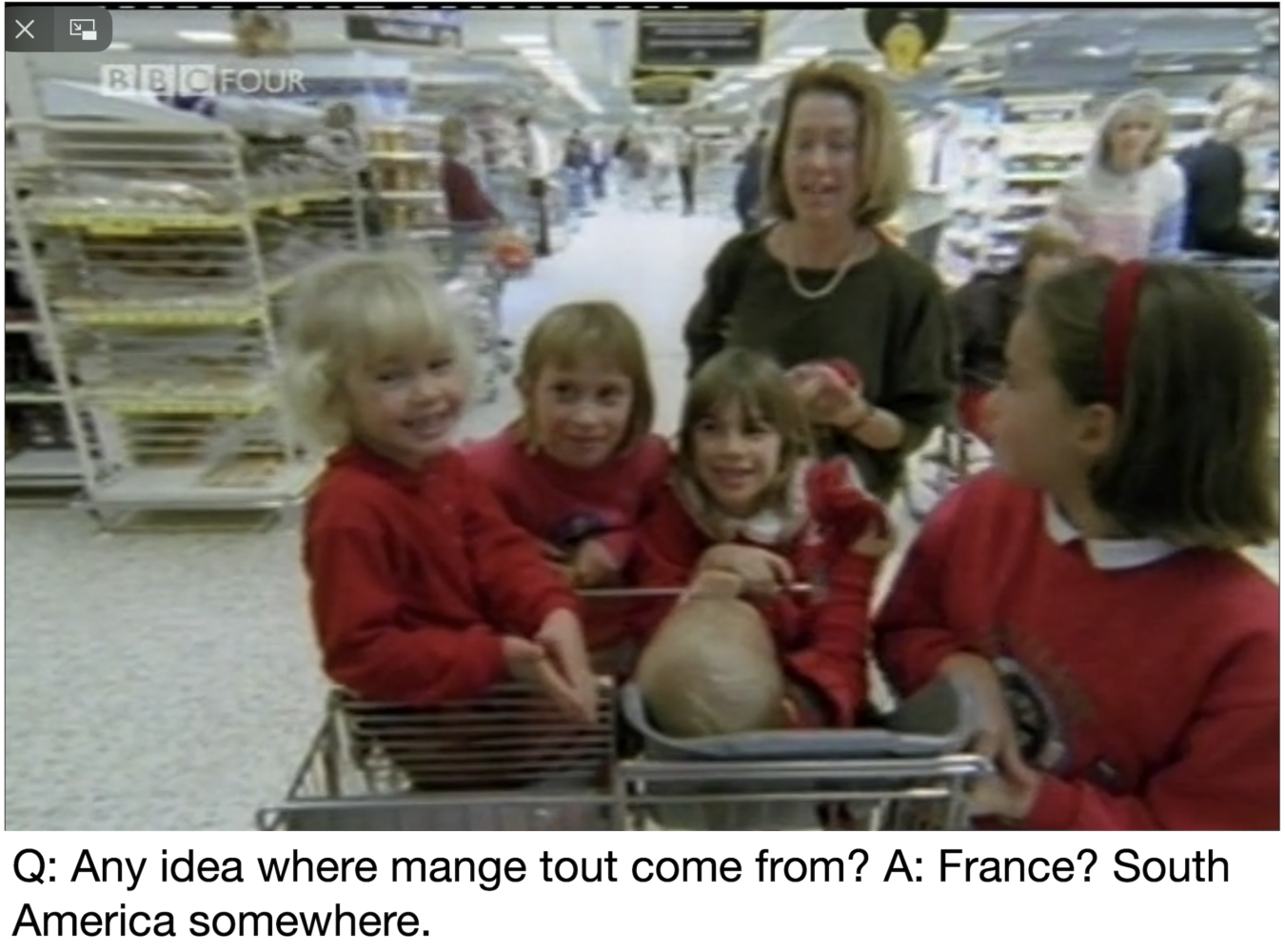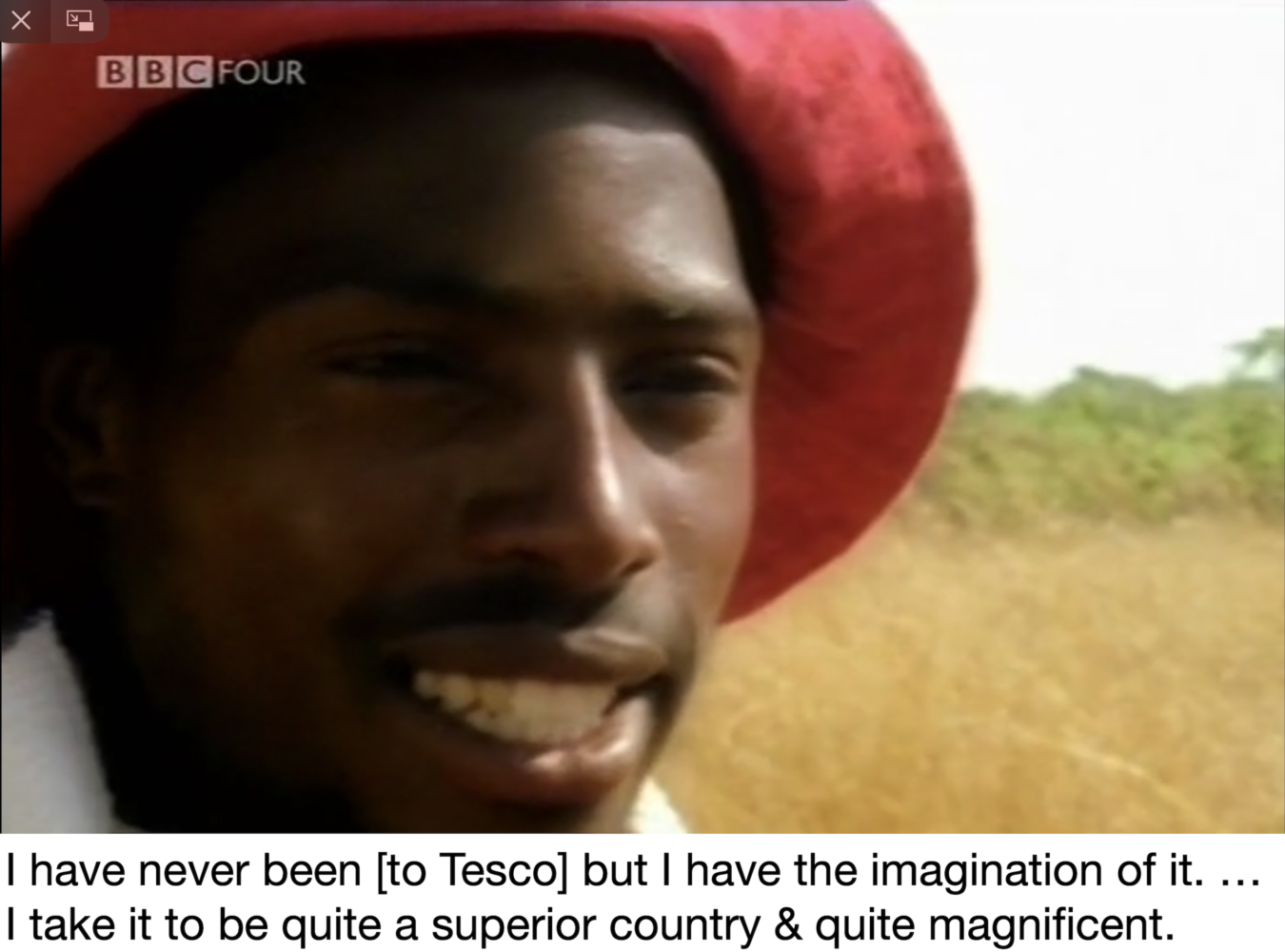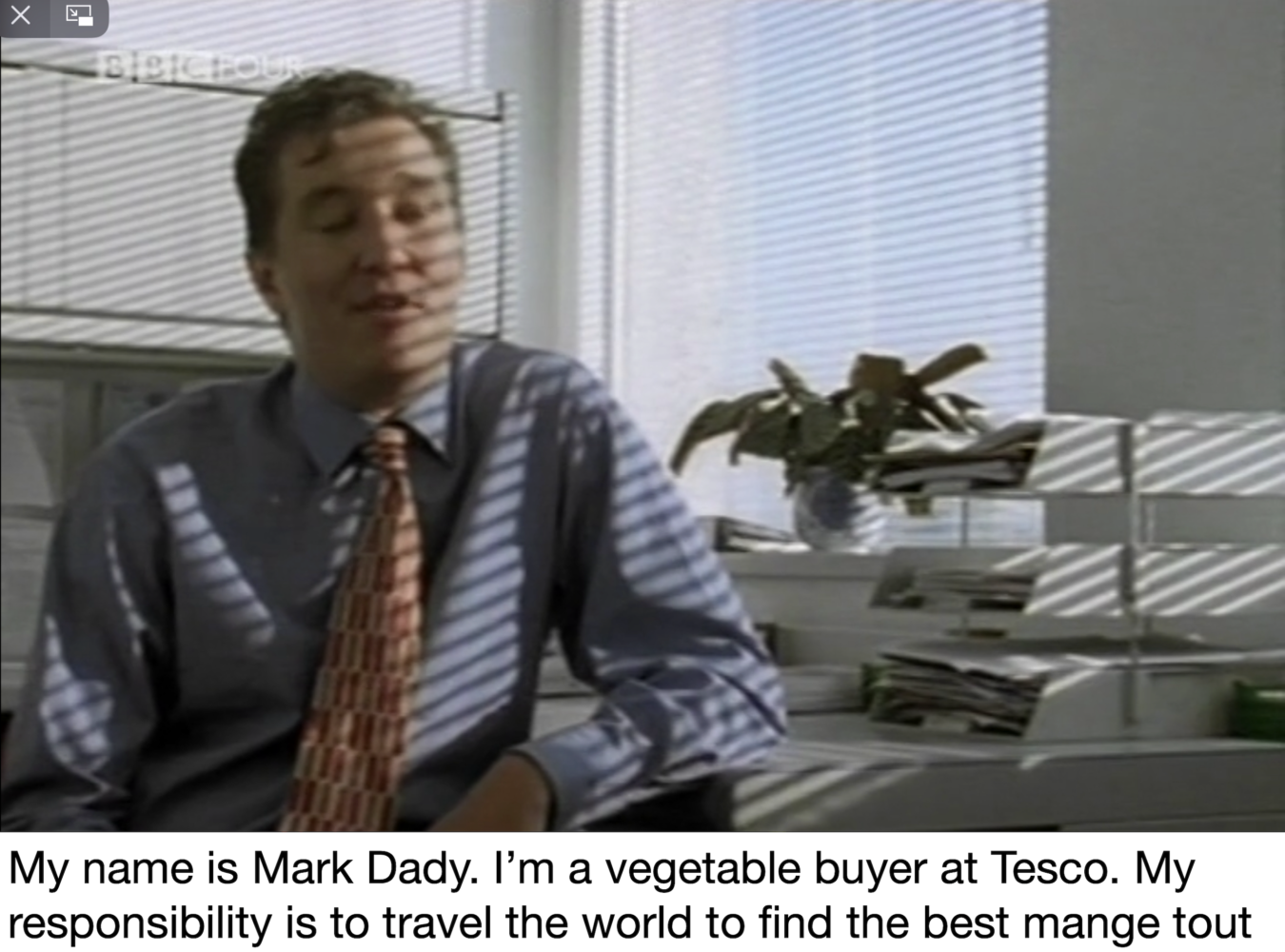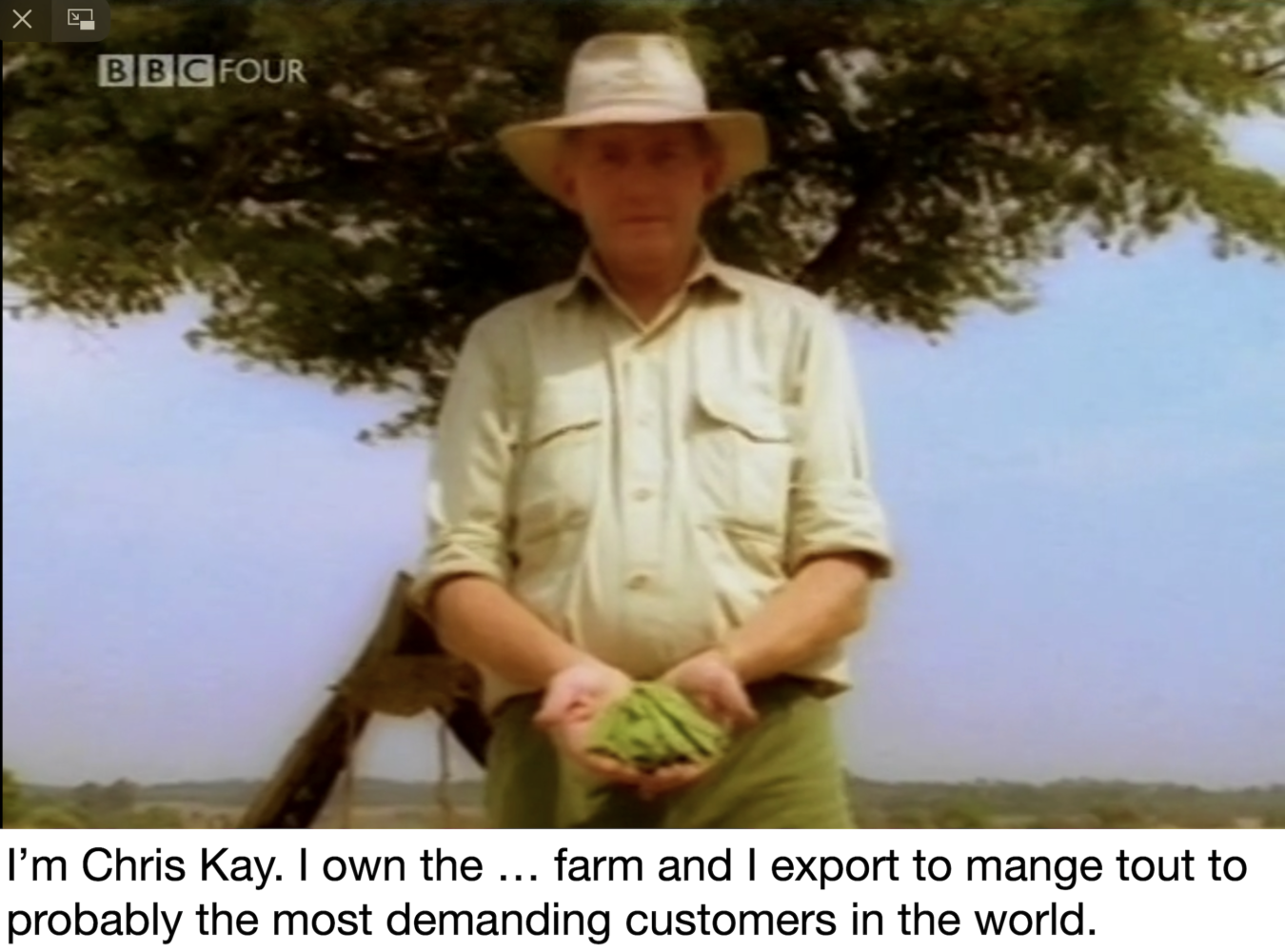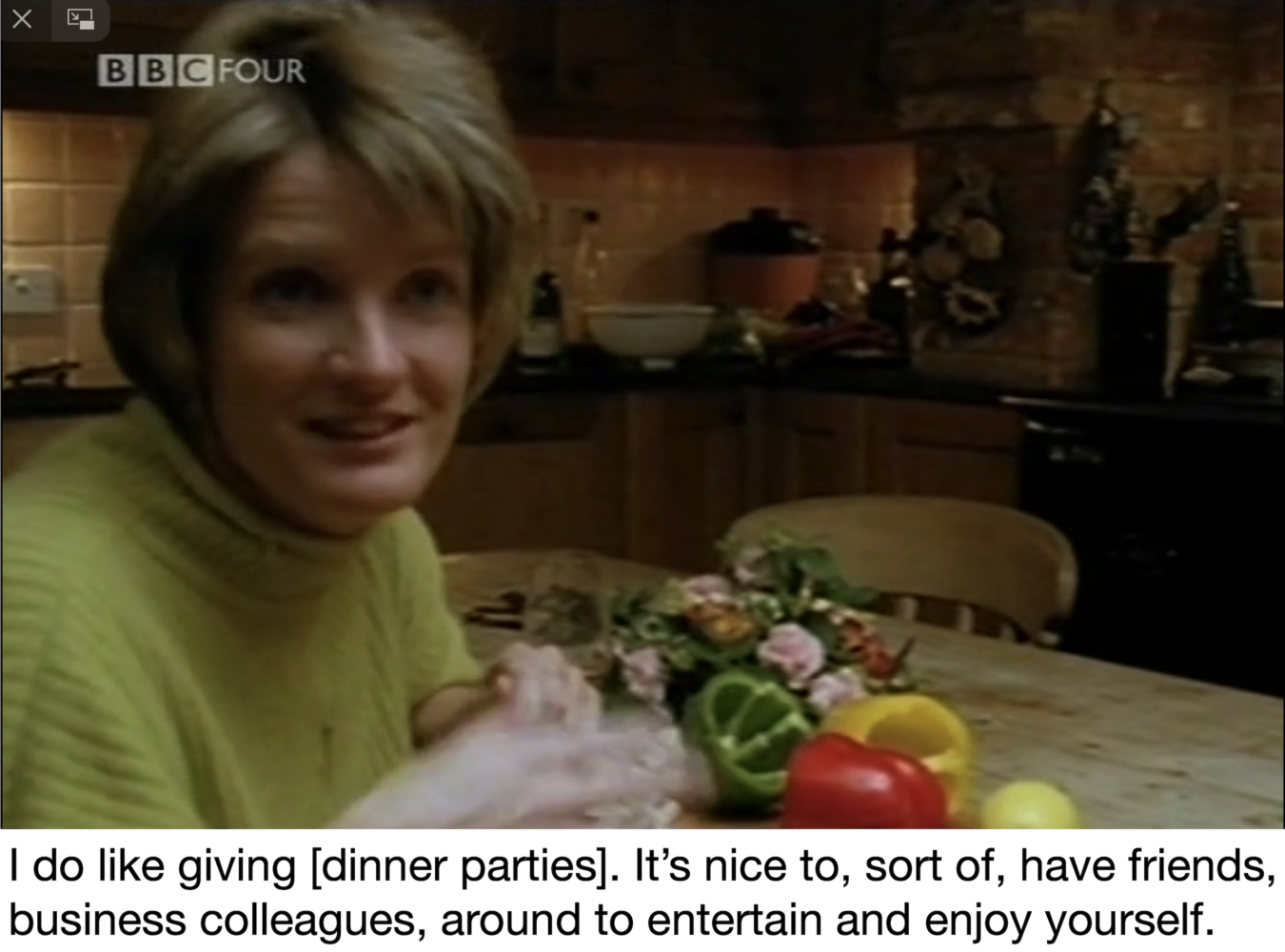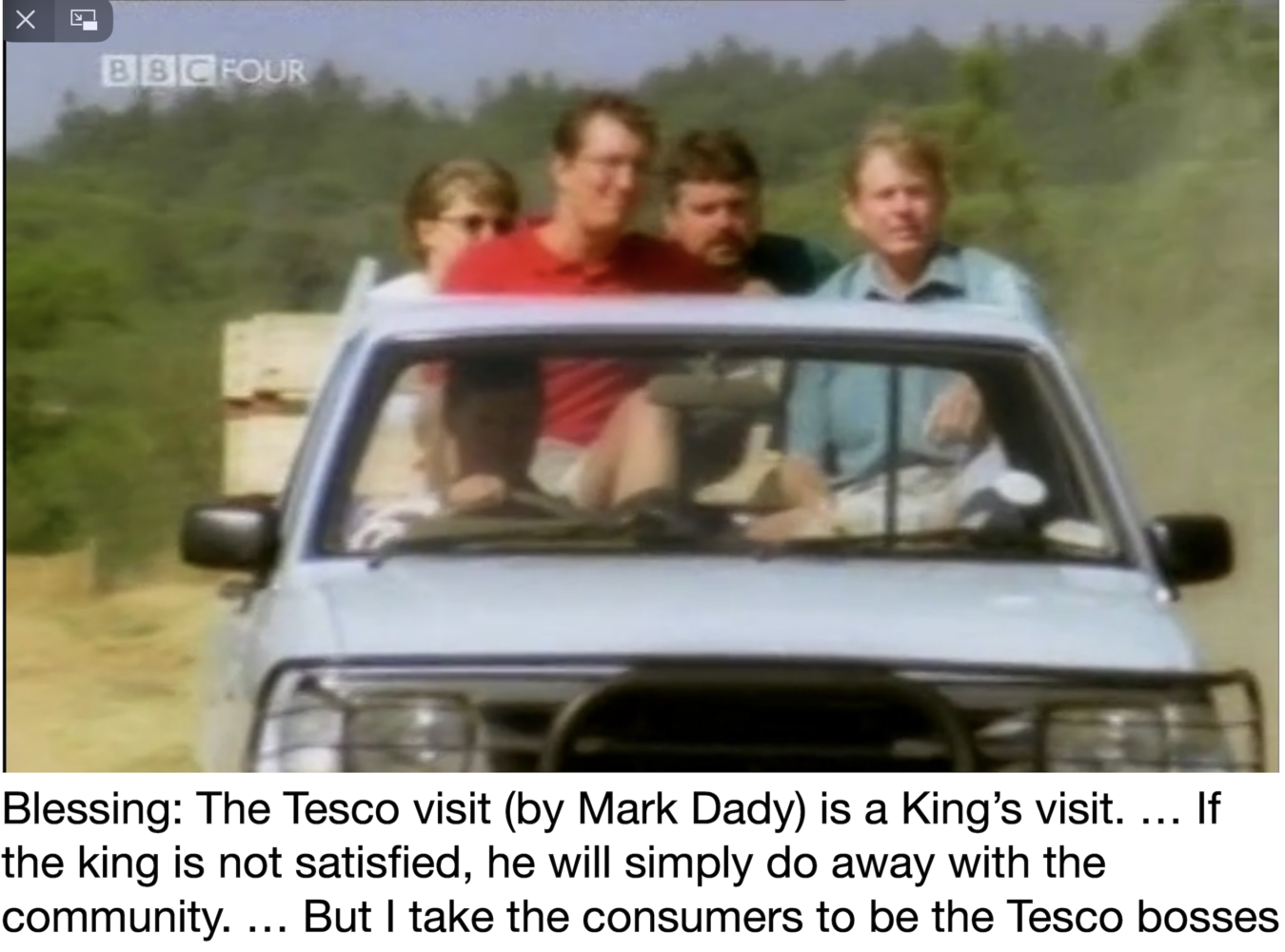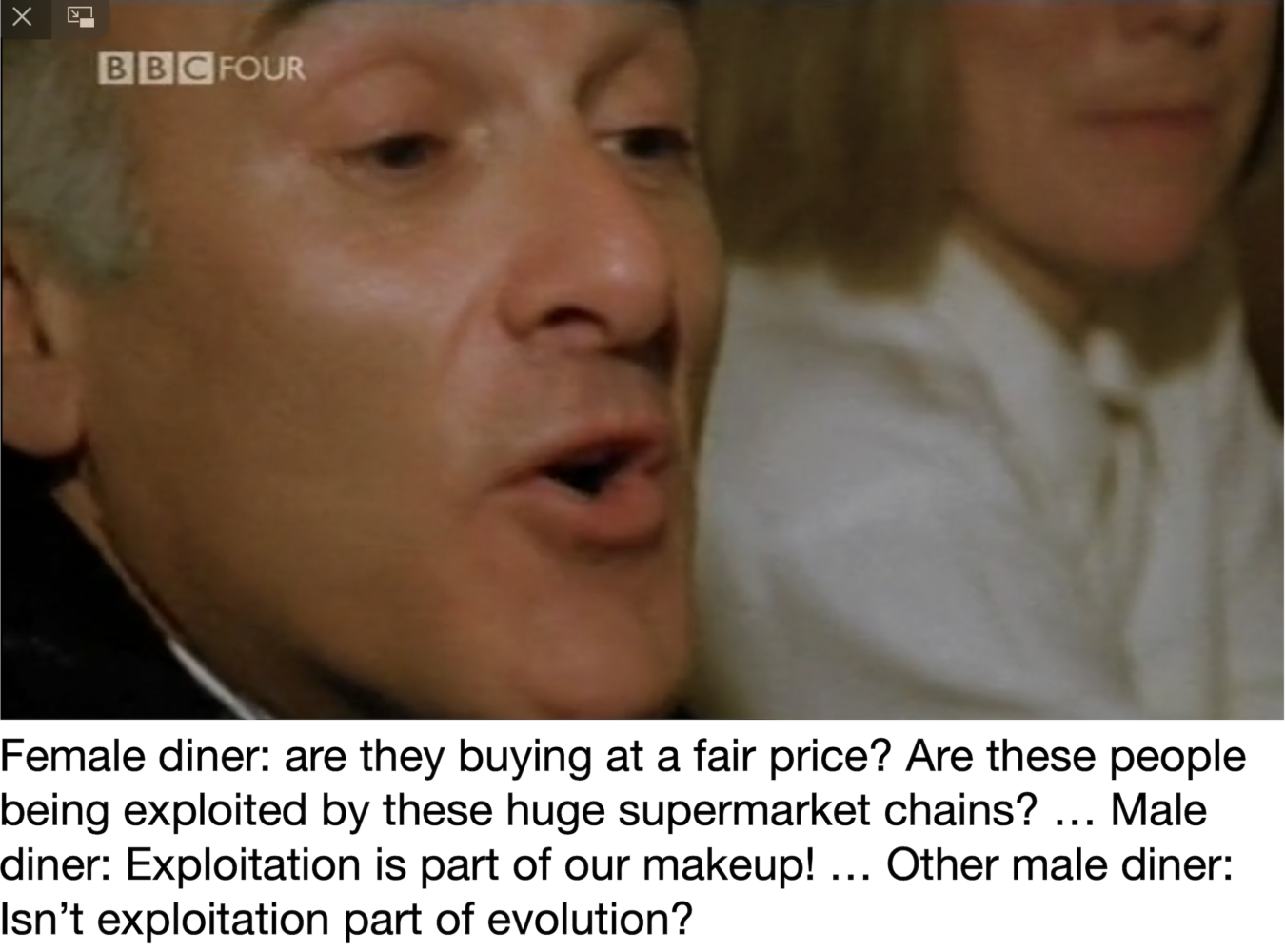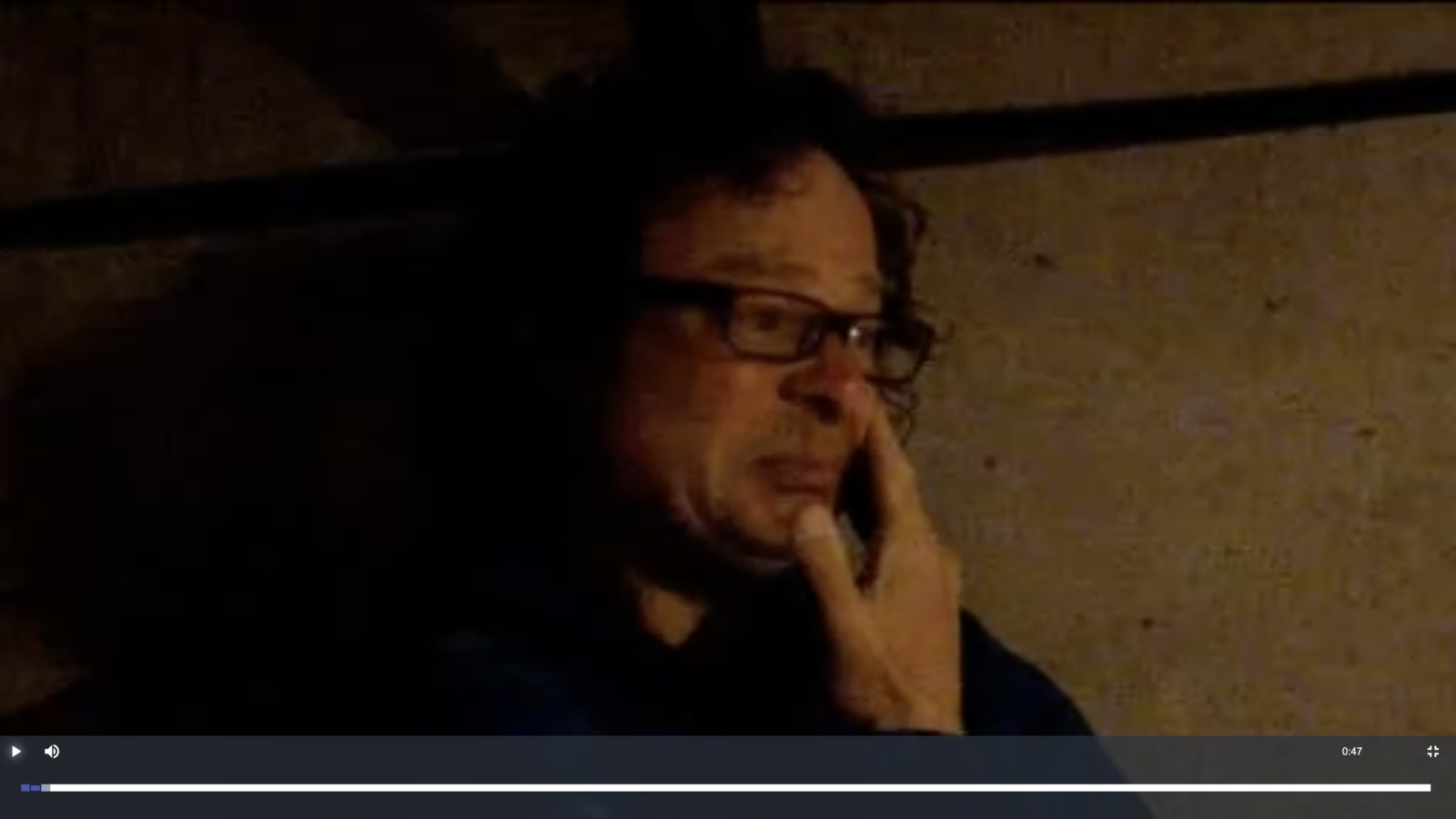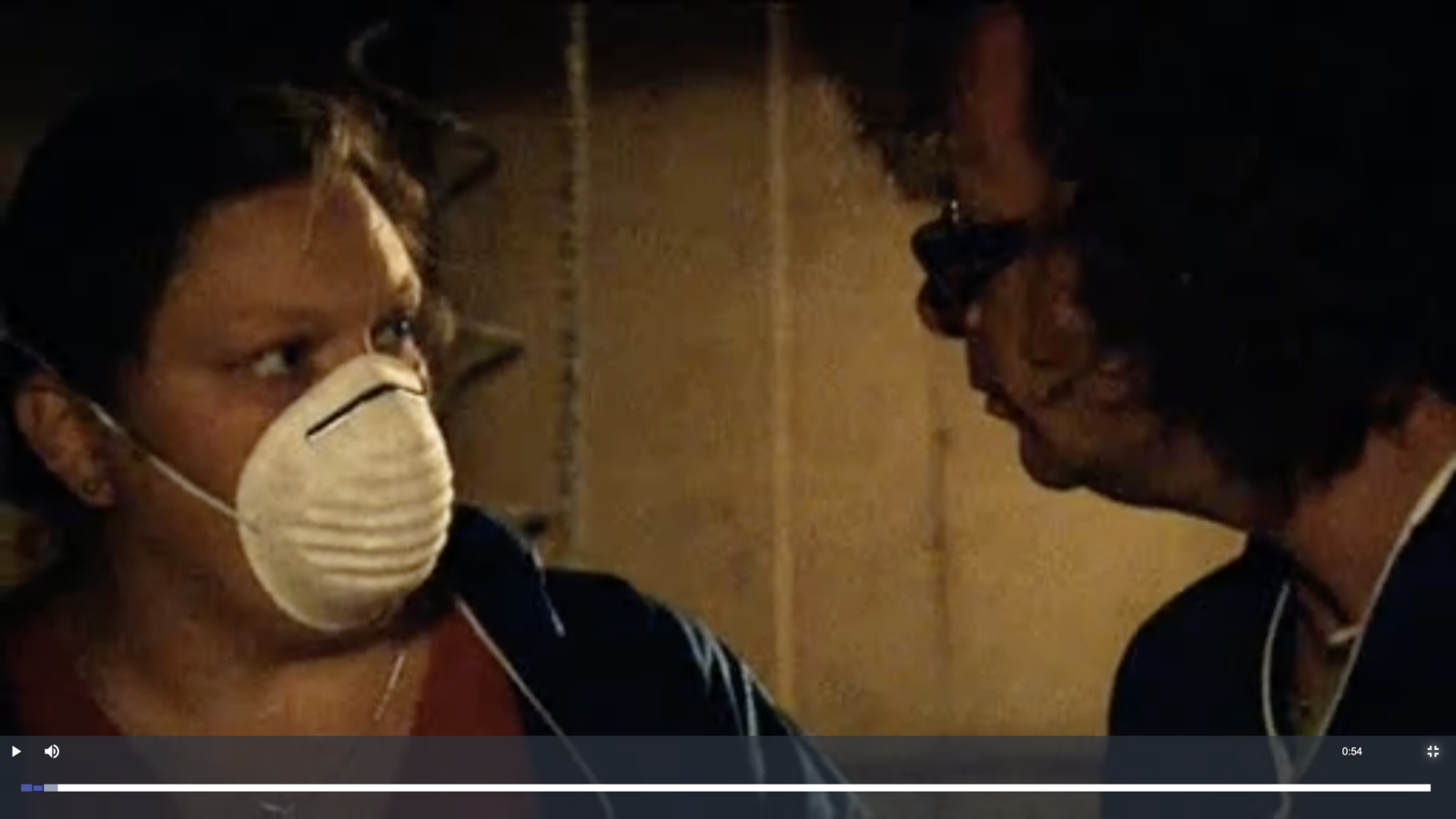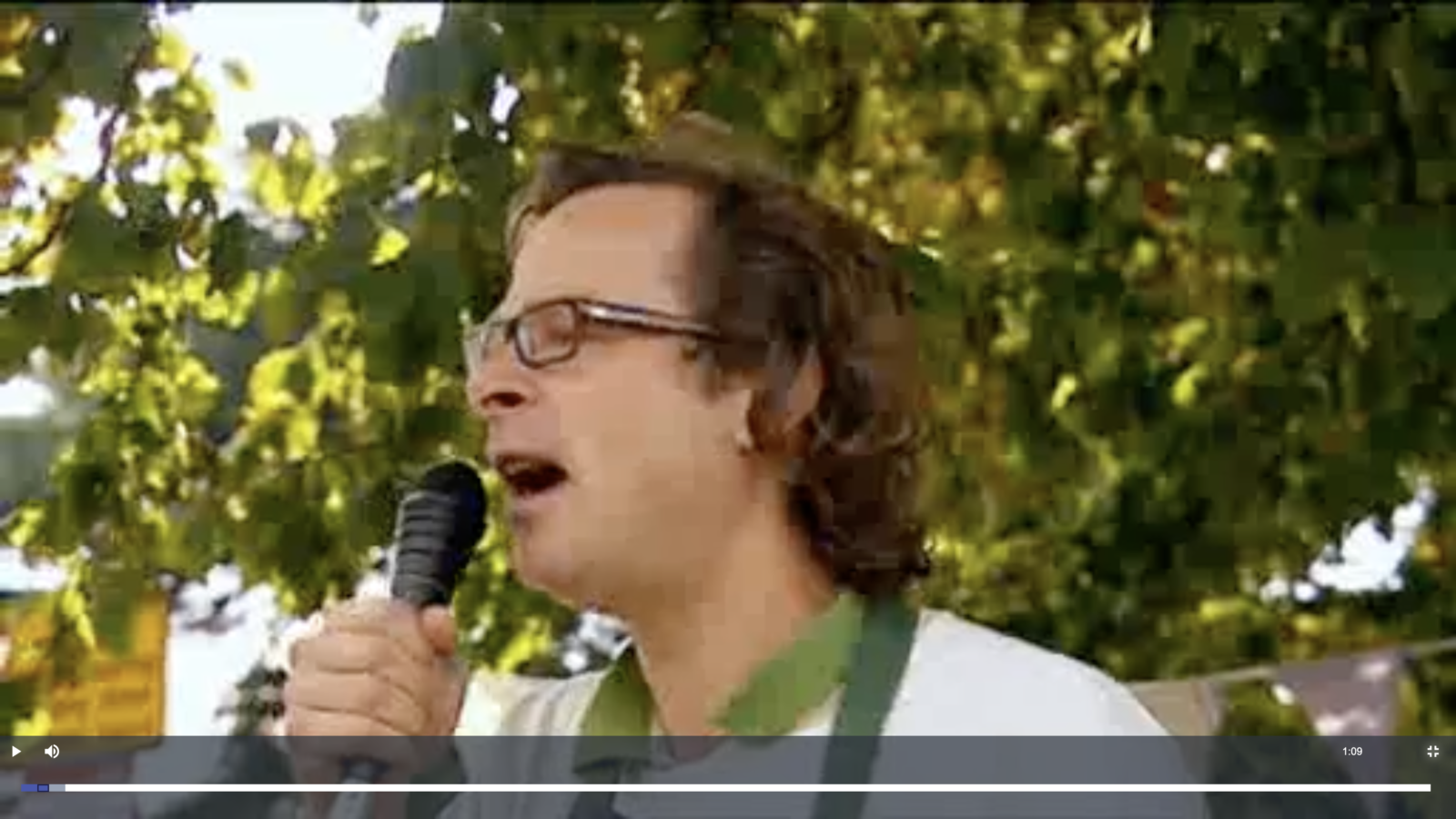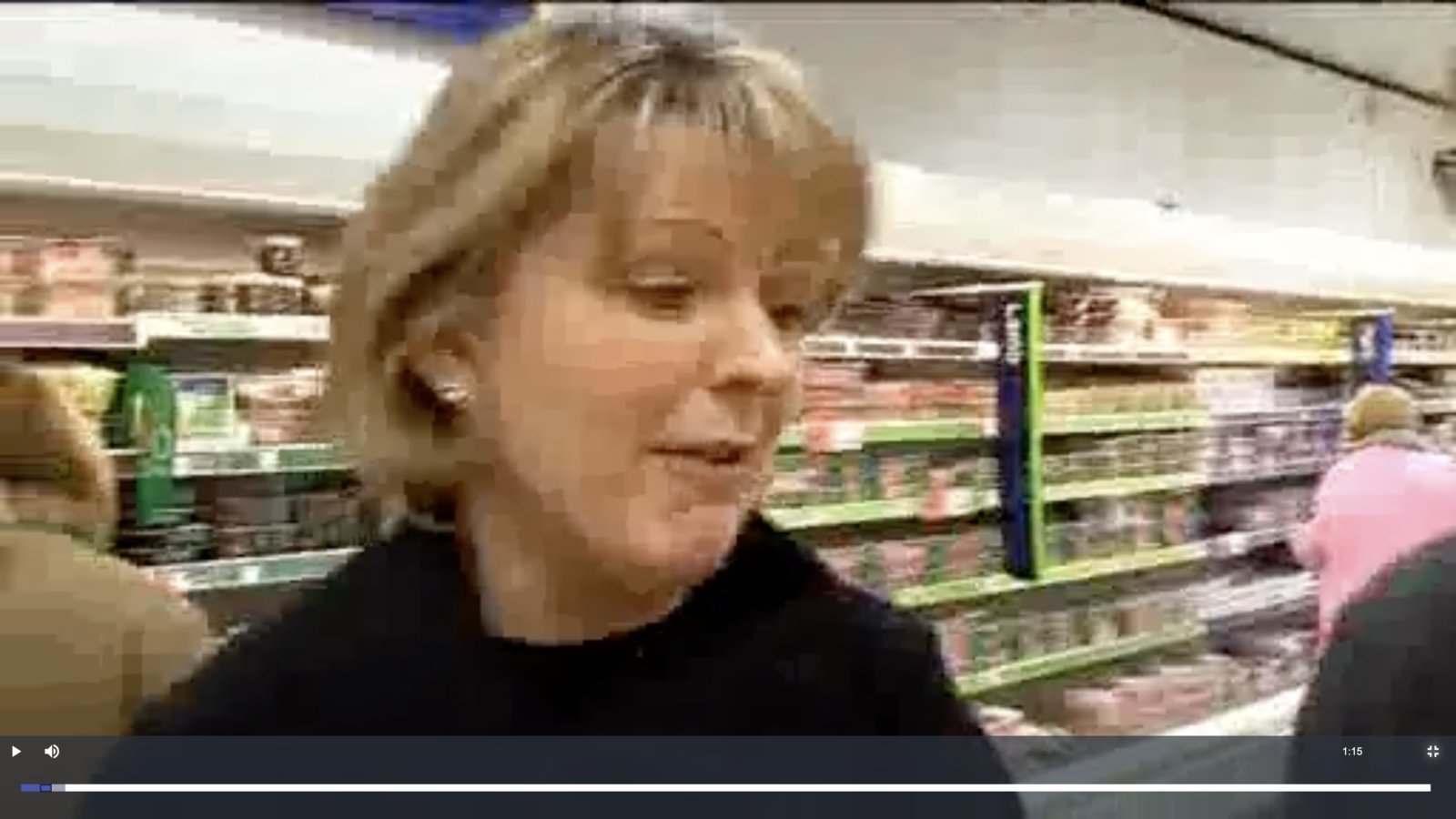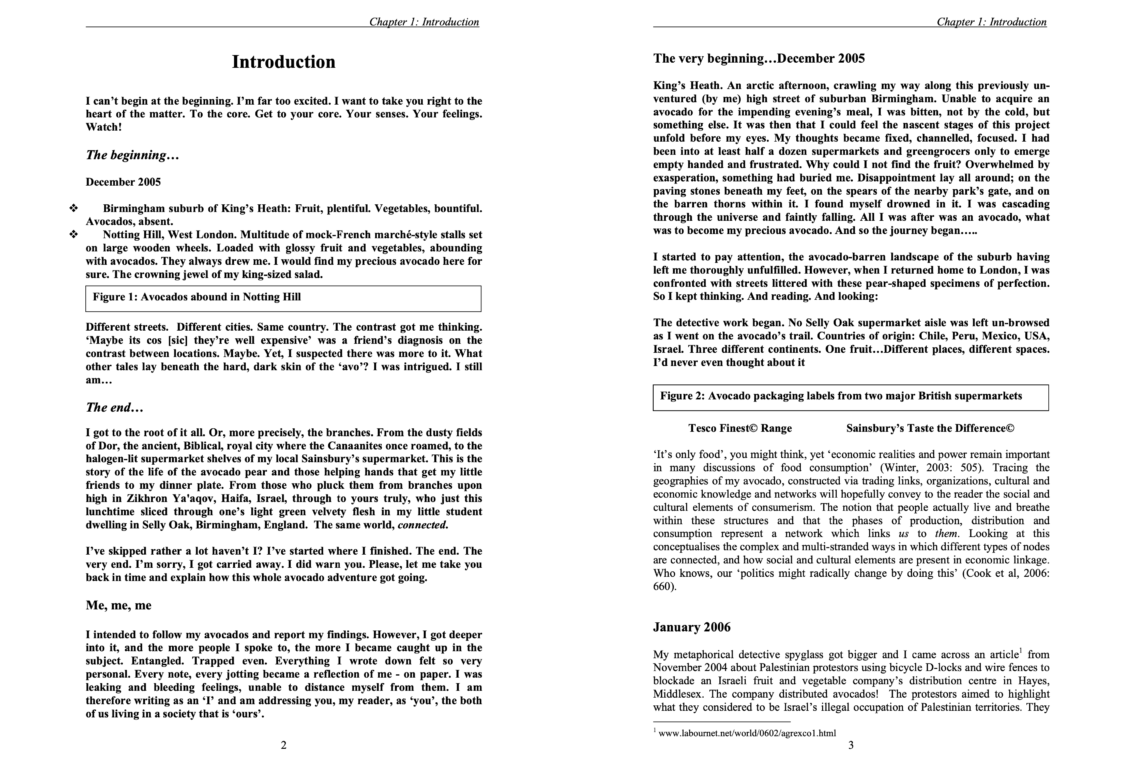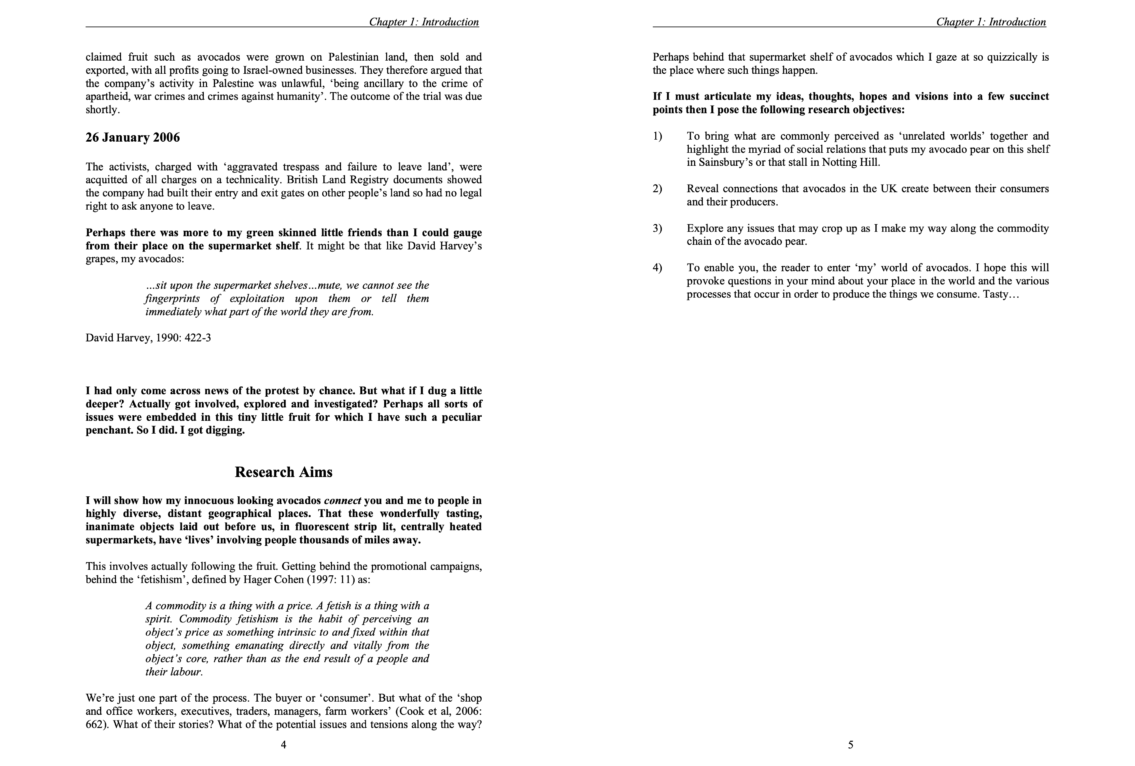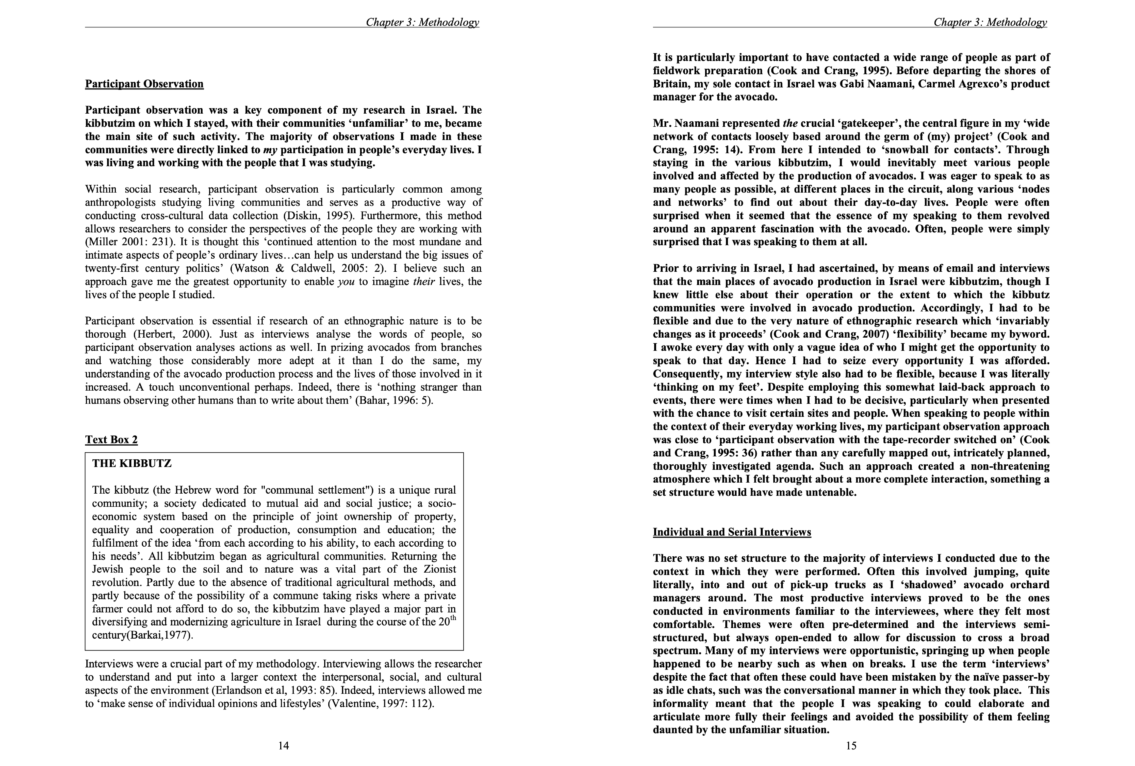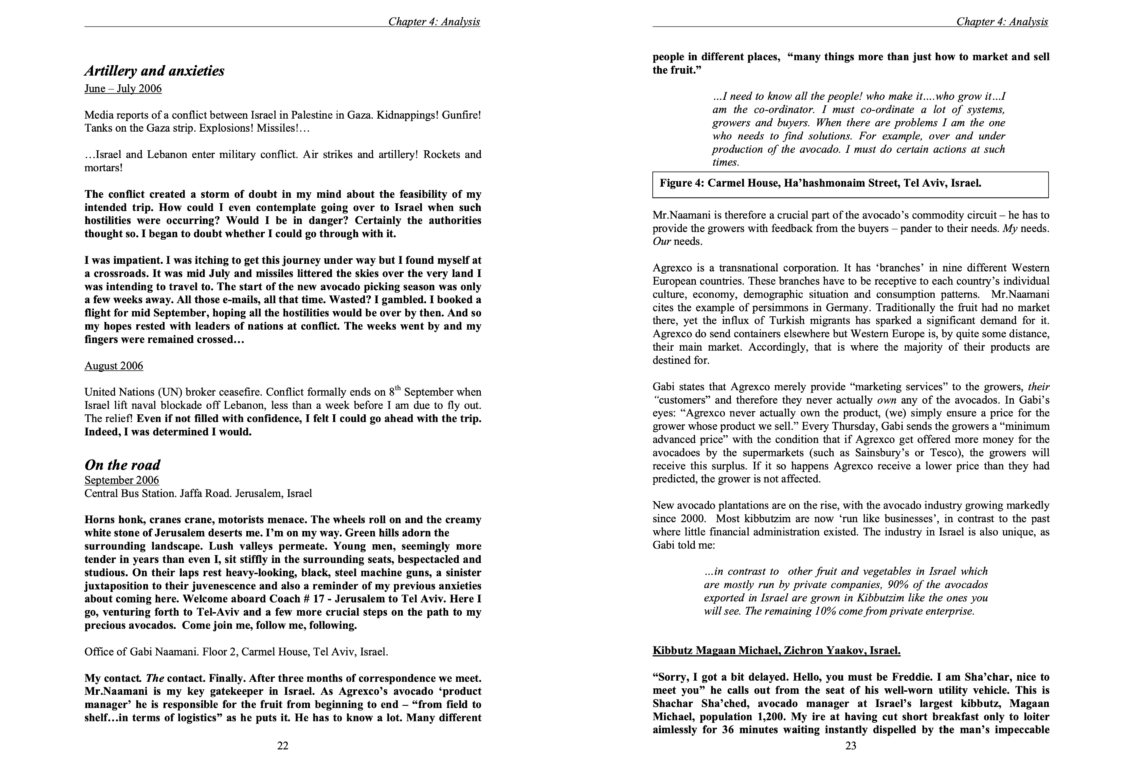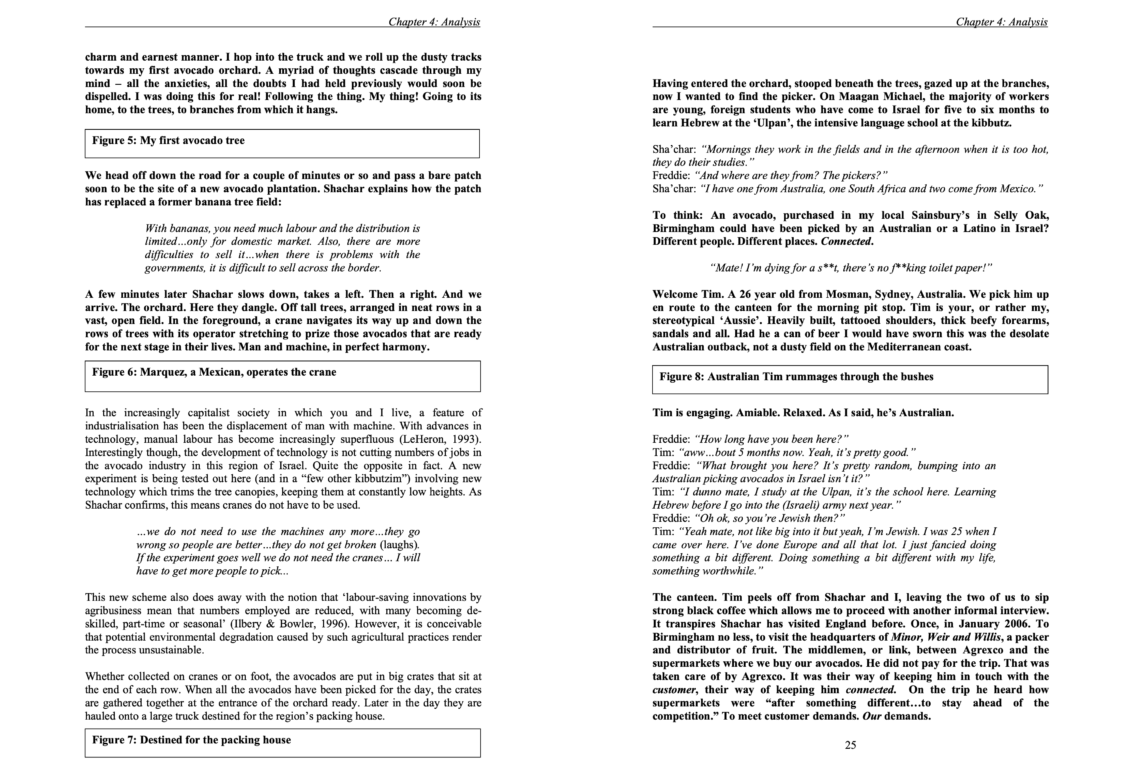
followthethings.com
Grocery
“MILK“
A locative art-mapping project by Esther Polak & Ieva Auzina
Images above are of the MILKproject website homepage and of the MILK installation at the local museum in Rumbini, Latvia. Project website here.
The Milk Project literally follows a thing. It tracks milk from the cow’s udder to the cheese vendor using GPS trackers which record its geograophical location multiple times a second. The devices are given to people in the supply chain, so their movements are also being tracked. Those who have already handled on the milk, and those who are waiting for it (not to mention the partners of those who have it in the moment) can track its movements in real time. This is a locative media art work which also includes photography, storytelling and other methods that make this more than something that traces a line on a map. These supply chain workers can see their lives, and the commodities in which they trades as live, as xcrossinhg borders, as connected. For some artists and activists, GPS technology is the enemy. It’s an abstraction from the world. A tool of capitalist exploitation. But, in this project, it’s helps to paint a surprising intimate portrait of lives connected through trade: in real time for the participants, on the project website and on the rare occasions when it’s exhibited. The project gets caught up in debates about actor networks that are swirling at the time, but the artist and researcher who made see it more as an artwork about landscape. You can’t experience its liveliness now. The website animations don’t work because Adobe Flash was discontinued in 2020 [you may have a fix]. The installations were complicated top set up. The in-the-moment experience for the particpants was the most powerful. A lot has been written about it though. What’s been said?
Page reference: Elizabeth Karin & Anna Whitehouse-Lewis (2024) MILKproject. followthethings.com/milk.shtml (last accessed <insert date here>)
Estimated reading time: 29 minutes.
Continue reading MILKproject ![]()

